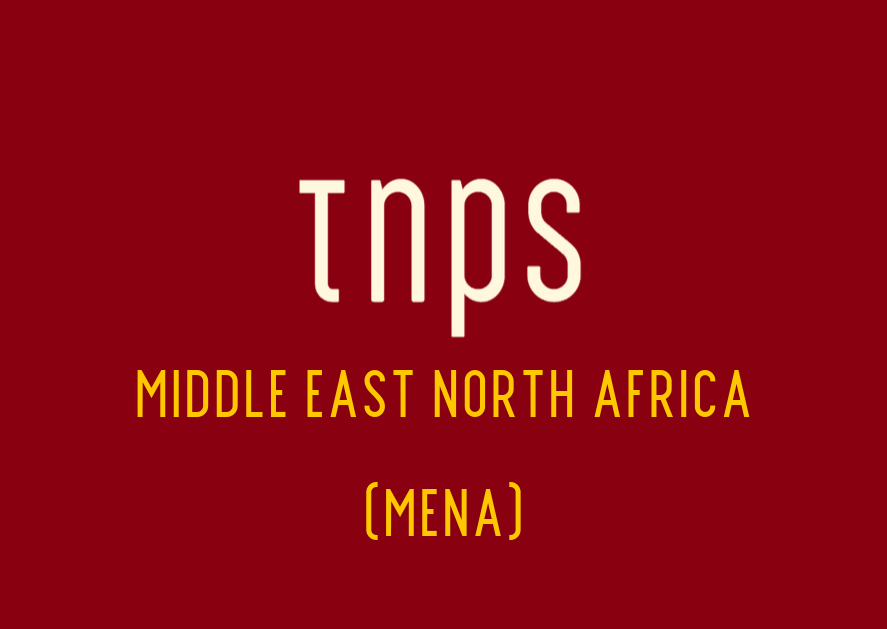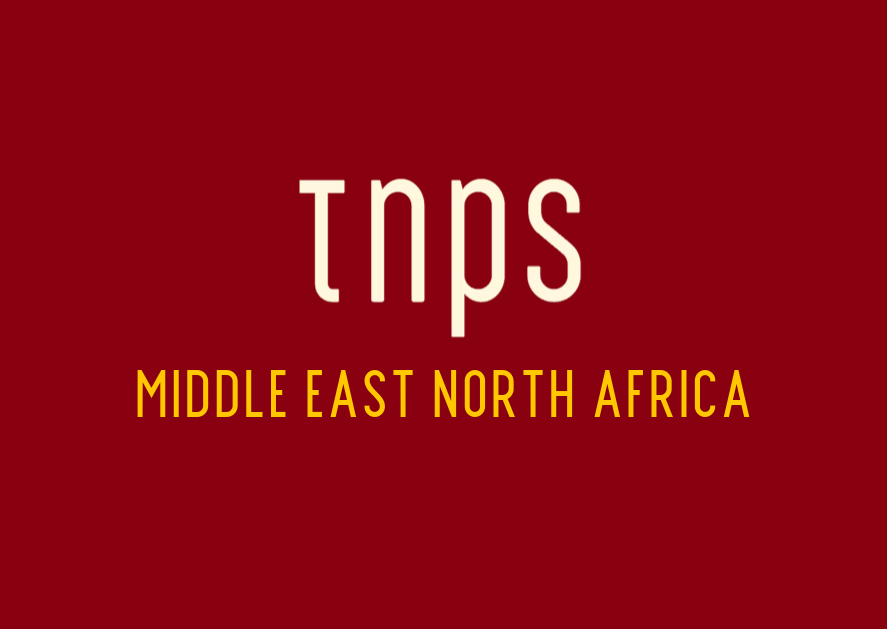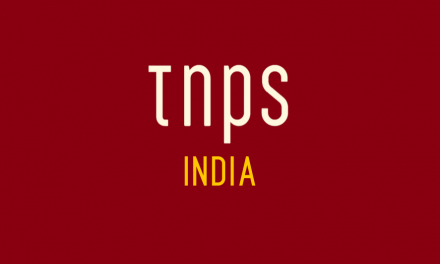Yet, apart from some razzmatazz on World Book Day itself, as the new capital takes the title, World Book Capital events are often reduced to local headlines, if at all. Let’s hope Rabat 2026 gets the attention it deserves.
The UNESCO World Book Capital title is far more than a ceremonial honour; it is a catalyst for profound, long-term cultural investment. This was the central theme of a session at the 44th Sharjah International Book Fair, which brought together publishing and cultural leaders from Sharjah and Athens to dissect the initiative’s lasting impact on the global book ecosystem.
A Century-Long Investment in Literacy
Moderated by Amna Al Mazmi of the Kalimat Foundation, the dialogue immediately framed Sharjah’s 2019 designation not as a beginning, but as a recognition of a century-long commitment.
Marwa Al Aqroubi, Project Lead for Sharjah World Book Capital 2019, clarified that the title crowned decades of work, from establishing the emirate’s first library nearly a hundred years ago to innovative, region-first programmes. She highlighted the groundbreaking Home Library project, which delivered complete personal libraries to over 42,000 Emirati households, demonstrating a unique, state-level strategy for embedding reading directly into the fabric of family life.
Revitalising a City Through the Literary Arts
From Athens, Anna Routsi, a founding member of the World Book Capital Network, provided a powerful counterpoint. She illustrated how the initiative served as a tool for urban revitalisation during a period of significant economic hardship.
For Athens, the goal was to make reading a “joyful and accessible” social experience, merging literature with public art, music, and cinema. This approach repositioned the book from a solitary object to a central pillar of communal and cultural life, reaching audiences who might otherwise have limited access.
The Imperative of Sustained Momentum
Crucially, both speakers agreed that the title’s true value is measured by what endures after the designated year. For publishing professionals, this is the critical takeaway. Al Aqroubi detailed Sharjah’s ongoing legacy, which includes forging new international publishing partnerships and humanitarian projects, such as rebuilding the looted libraries of Beirut. This demonstrates how a World Book Capital can evolve into a permanent, active node in the global publishing network.
Routsi emphasised the formalisation of this sustainability through the World Book Capital Network, which connects former title-holders to share expertise and support new applicants. This creates a self-perpetuating cycle of international cooperation, ensuring that the flow of knowledge and cultural capital continues long after the spotlight has moved on.
The View From The Beach
For the industry, these cities are living proof that strategic, long-term investment in books builds resilient, interconnected societies.
Yet, apart from some razzmatazz on World Book Day itself, as the new capital takes the title, World Book Capital events are often reduced to local headlines, if at all. Let’s hope Rabat 2026 gets the attention it deserves.
This post first appeared in the TNPS LinkedIn newsfeed.




